Despite the exceptional ability to search on the World Wide Web and instantly receive information, our modern-day technology allows us to accomplish one significant thing — bridge the distance. Today, we have the ability to communicate with people across the world. Advancements in technology and the Internet have come so far, and they continue to develop and improve for the better. We are extremely lucky to even have a mini device that fits into our pocket that can connect us to not only people, but places to eat, shop, and entertain ourselves.
It seems bizarre to think that our elders were accustomed to sending handwritten letters and playing board games for entertainment. The amount of time and effort it takes to execute tasks such as ordering something from Amazon or looking up the latest news is cut in half because of technology and the Internet. A world without modern-day devices is almost inconceivable.
Think of the Covid-19 pandemic that we are still suffering through after more than a year of its discovery. Due to the transmissibility of the virus, many of us have had to resort to utilizing technology in order to connect with others. Health regulations and social distancing guidelines have created a wider gap between all of us. Despite this, the ability to continue with everyday life is possible because most of us are lucky enough to use devices that help uphold some degree of communication. From remote learning to working from home, we are still able to maintain our connections. Web conferencing applications such as Zoom, Skype, and Google Meet are just a few of the many platforms that allow virtual face-to-face meetings from anywhere that has an Internet connection.
Even if you don’t prefer turning on the webcam, there is still the ability to simply talk to others through technology. While it was an early contraption, Alexander Graham Bell’s invention of the telephone revolutionized communication. While some of us might not own a landline anymore, most of us do have a mobile phone that can make calls.
Fast forward to the 21st century, it’s safe to say that times have changed and younger generations continue to utilize other means of communication. Social media platforms such as Facebook and Twitter have been popularized and allow users to instantaneously express thoughts and connect with people worldwide. Whether you prefer to call, text, web conference, or simply post an update on social media, technology and the Internet allow you to communicate across great distances.
Personally, I can’t go a day without using some form of device that connects to the Internet. One time I did last most of the day without my devices. Though, I do have to admit that it was for a challenge assigned by one of my professors. Notably, a digital detox is good for the mind and body, as it’s a way to appreciate the tangible reality that is right in front of us.
In the end, it’s important to recognize the need for boundaries and knowing when to take a break from technology and the Internet. Yet, once you’re ready to log back into that device just remember to plug in with good intentions.
If you’re in need of services to bridge the distance check out these deals from The UPS Store!
By: Sydney Ly
Sydney Ly studies Communication with dual minors in Sociology and Anthropology at the University of Massachusetts Boston. She is currently working in retail and has experience as a tutor. Her passions include but are not limited to reading, listening to music, and watching The Office.
For over 20 years, the Campus Clipper has been offering awesome student discounts in NYC, from the East Side to Greenwich Village. Along with inspiration, the company offers students a special coupon booklet and the Official Student Guide, which encourages them to discover new places in the city and save money on food, clothing, and services.
At the Campus Clipper, not only do we help our interns learn new skills, make money, and create wonderful e-books, we give them a platform to teach others. Check our website for more student savings and watch our YouTube video showing off some of New York City’s finest students during the Welcome Week of 2015.


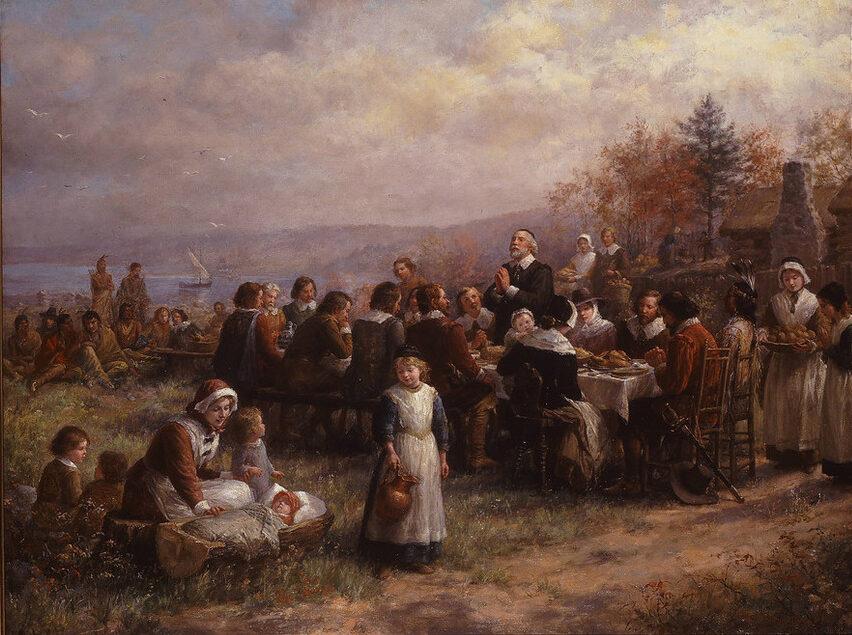



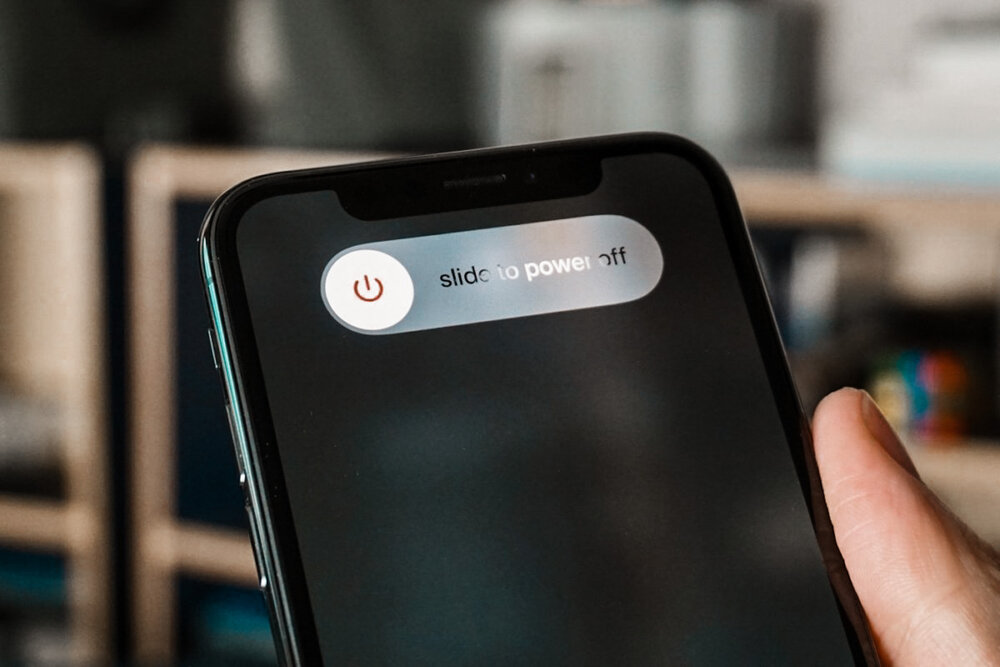



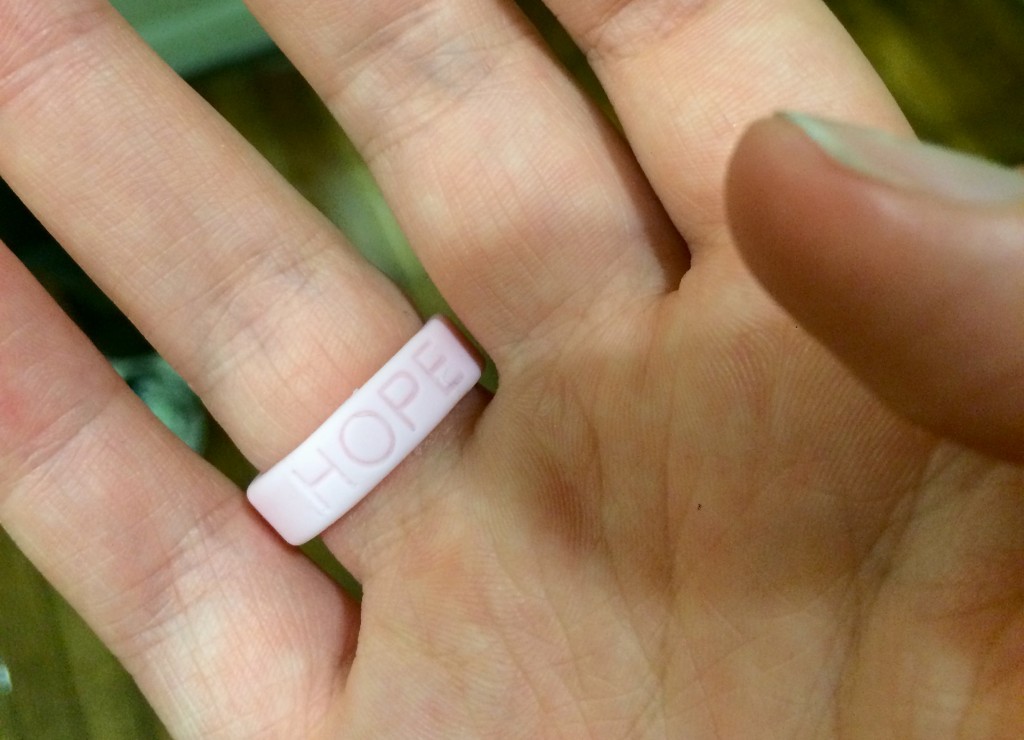
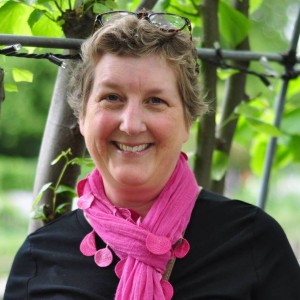
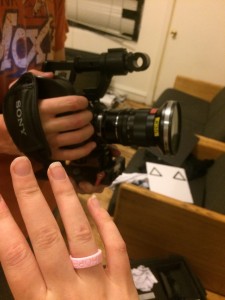
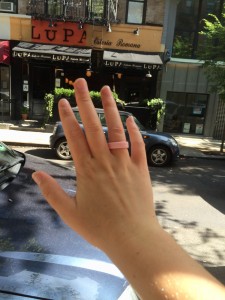
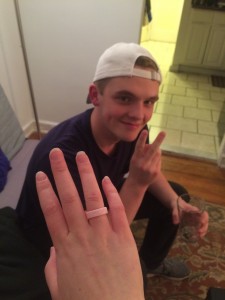
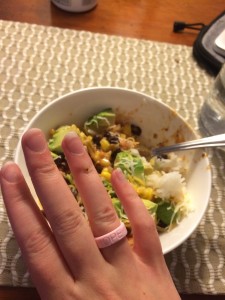




 go the extra mile.) I decided I’d get a manicure before my appointment, so I picked out a pale pink Essie color and took a seat at table right away. The woman who did my nails was extremely thorough when she was prepping them, and very neat with the polish itself. I learned that all of Vada Spa’s employees all had at least five years of experience before coming there, and anyone who’s ever gotten a messy manicure knows that this really makes a huge difference.
go the extra mile.) I decided I’d get a manicure before my appointment, so I picked out a pale pink Essie color and took a seat at table right away. The woman who did my nails was extremely thorough when she was prepping them, and very neat with the polish itself. I learned that all of Vada Spa’s employees all had at least five years of experience before coming there, and anyone who’s ever gotten a messy manicure knows that this really makes a huge difference.
